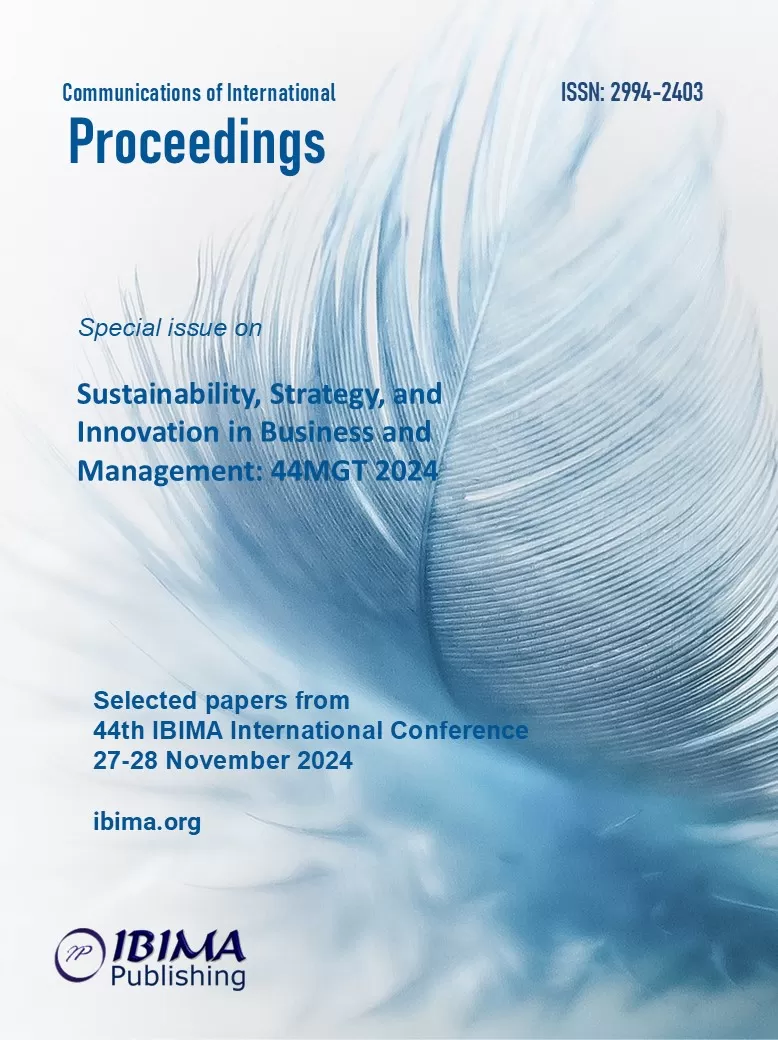
Family businesses play a crucial role in the Greek economy, yet their governance and performance dynamics remain underexplored. This study investigates the non-linear relationship between ownership concentration and firm performance in 77 family-owned businesses, alongside a combined sample of 110 firms (family and non-family) listed on the Athens Stock Exchange between 2016–2022. Addressing gaps in the literature, which predominantly focus on linear relationships, this research offers insights into how ownership thresholds impact financial outcomes such as Return on Assets (ROA). The study identifies a U-shaped relationship between ownership concentration and performance using fixed-effects panel data analysis. Findings reveal that performance initially declines as ownership concentration increases, reaching a turning point at approximately 32%, after which it improves significantly. This pattern highlights the dual impact of ownership: excessive concentration can create inefficiencies, but beyond a threshold, it aligns incentives, motivating families to enhance business value and mitigate conflicts with minority shareholders. The study emphasizes the need for further research to explore industry-specific effects, extended timeframes, and variations in ownership thresholds, especially within diverse economic contexts, to better understand the complex dynamics of family ownership and performance. This work provides valuable contributions to corporate governance literature and practical implications for policymakers, investors, corporate stakeholders, and family business leaders seeking to optimize governance strategies.